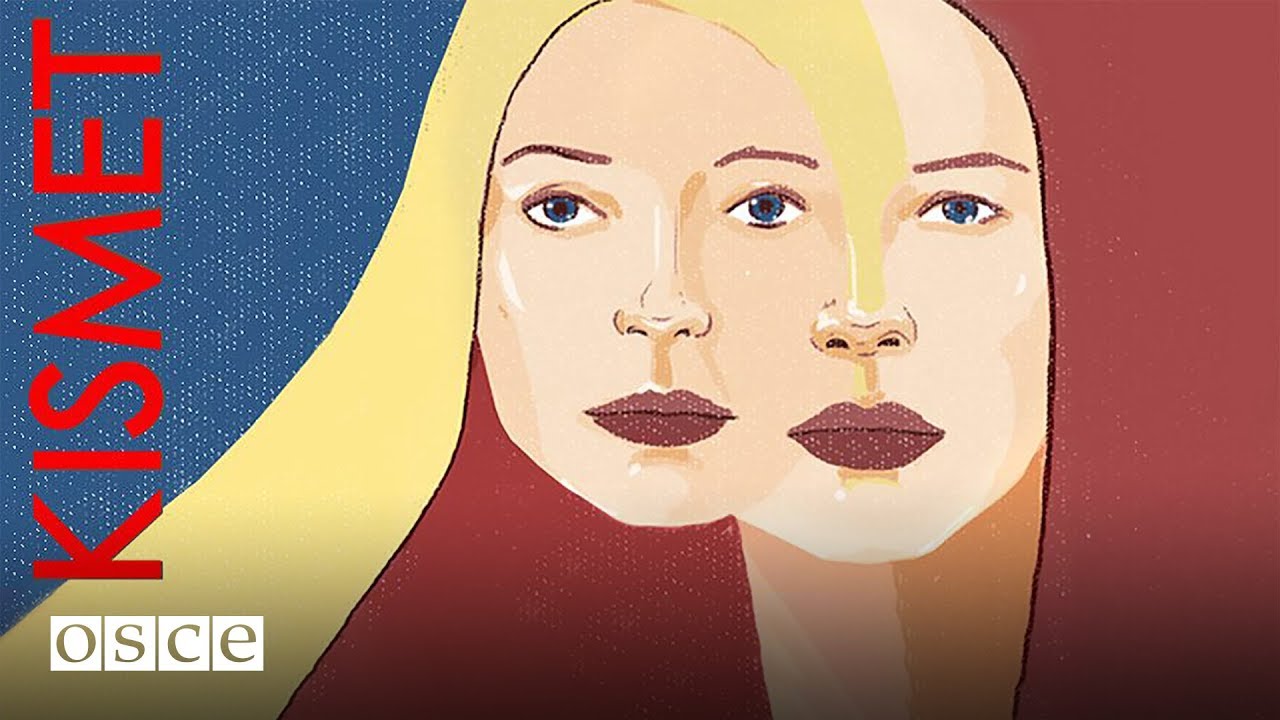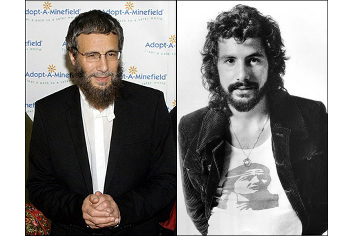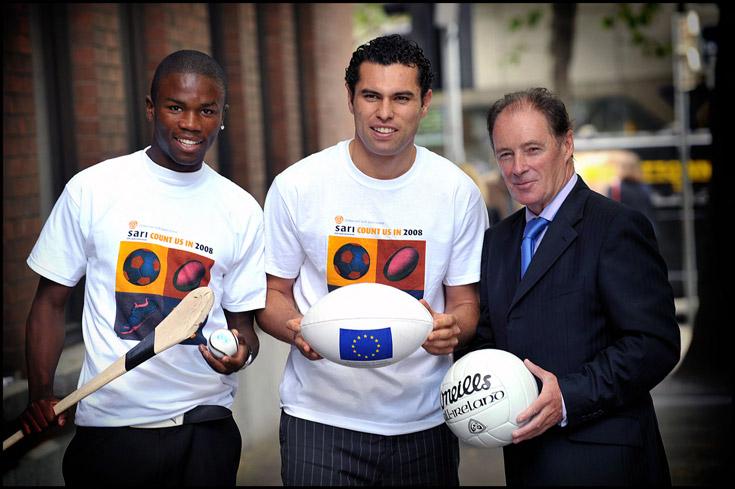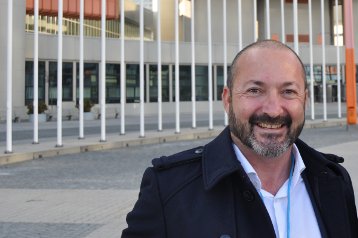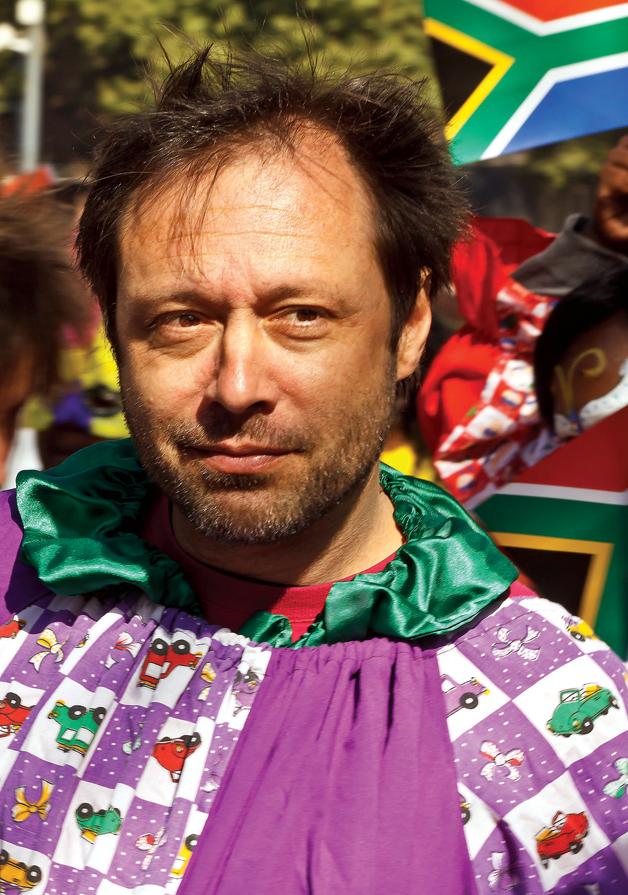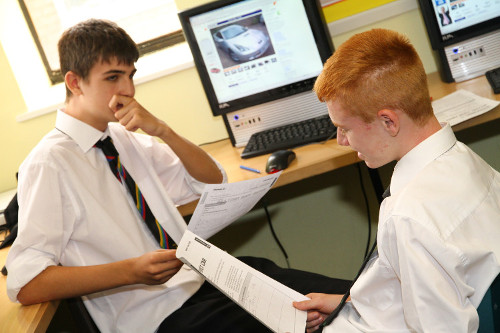Empowering people with disabilities to learn to recognize and defy discriminatory attitudes and to hold high standards for respect and quality assistance is the most effective defense against abuse. Sticks and Stones is a collection of over fifty stories about facing such abuse and violence. The compelling stories are told by a diverse group of people with disabilities, as well as family members, services providers, and other allies, and cover a wide range of mistreatment and recovery experiences. Studies show that abuse and violence are high-priority concerns for disabled people; rates of abuse are shockingly high. A 2012 survey by the Interactive Autism Network found that 63% of children with autism are bullied in the United States. 82% of children with learning disability in the UK are bullied, according to Mencap, and 79% are scared to go out in case they are bullied. Women and children with disabilities are sexually assaulted at a rate that is three times higher than the one for those without disabilities. Disabled men also experience high rates of abuse. The goals of this book include giving voice to people with disabilities who have confronted abusive situations, breaking their isolation, and revealing the complex issues of abuse and violence, particularly the ones faced by those who depend on help from family or paid assistance. By sharing their stories, these writers hope to empower similar survivors to resist and to disclose abuse and violence, to recover if abuse occurs, and to move ahead to live strong, fulfilling lives. Contributing writers from eight other countries join those from the United States in sharing their stories. The reader is left with a sense of hope and encouragement that mistreatment can be challenged and empowered disabled people can end abuse in their lives. The companion teaching guide included in the book will help educators and trainers build creative and meaningful activities around the stories, encouraging disabled participants to recognize mistreatment, tell their stories in supportive environments, and learn to use their empowered voices to resist abuse and recover if they experience it. Ways to help Caught on tape
Related Articles
Kismet in Albania, Kismet in Serbia
Dive into the lives of 8 young women
summer lessons
the work of Yusuf Islam, alias Cat Stevens
migration as a response to poverty and the step beyond
Can sport really unite?
Dianova's latest drug prevention campaign
who needs real success stories?
Would you give away half your house?
the story of a family who did
a new framework to help students
How Talia Leman started her organization at 10
the fundraising power of kids
![]()
STAY IN TOUCH
SUBSCRIBE TO OUR NEWSLETTER
AND RECEIVE OUR LATEST STORIES

